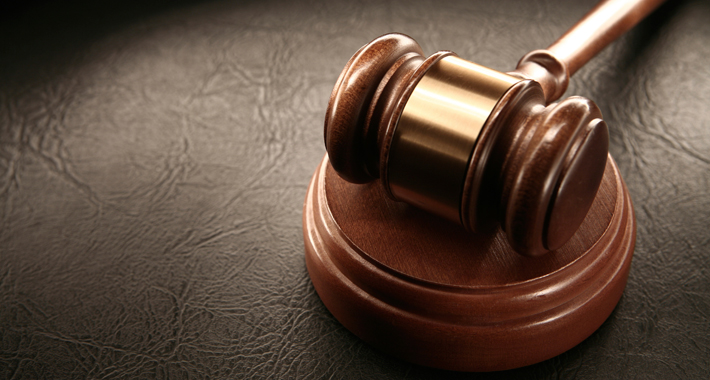Network

The Elevator Pitch
“To do these things well, most lawyers must forget everything they ever learned in law school…” This is the advice that the award winning author, Bryan Garner, holder of three honorary degrees, gives on legal writing.
Garner is a lawyer, lexicographer, and teacher. Having written over 20 books, including a book he co-authored with Justice Antonin Scalia, Garner is considered one of the leading experts on legal writing of our time.
One of Garner’s central values is efficiency. In Garner’s book, The Winning Brief: 100 Tips for Persuasive Briefing in Trial and Appellate Courts, he discusses the perfect formula on writing legal briefs. (Legal briefs are short documents used as pre-trial summaries). He urges lawyers to stop muddying the waters for Judges. Identify the main issue for the judge and give the Judge a quick and clear reason as to why your argument is the only possible option.
“Within 90 seconds, the judge understands the basic question, the answer, and the reasons for that answer.”1
Bryan Garner remains a somewhat controversial figure. His writing advice goes against the grain of traditional legal writing. According to Garner 1% of professionally written briefs are actually successful.2He urges lawyers to use contractions, and to footnote evidence rather than interrupt the flow of a sentence with a cumbersome bibliography.
Bryan Garner’s advice has upset some legal voices who call for more conventional forms of legal writing. However, Garner hosts around 120 seminars on legal writing a year. Lawyers pay $200 for these seminars.3 It is apparent that Bryan Garner’s instruction certainly holds up in court.
“Forget the idea that you should begin everything with Whether … Forget making the issue as abstract as possible”4
Garner argues for a quick argument without taking up unnecessary amounts of time.
Garner’s teaching makes an interesting point about humans and their capacity for making decisions. Dr. Roozbeh Kiani, who works for the NYU Center for Neural Science,5 recently conducted an experiment that tested what factors affect people’s certainty during decision-making.
A discovery made during the experiment stated that prolonging the time it takes for someone to make a decision decreases the decision-maker’s confidence. Essentially the longer it takes to state your case without providing any relevant additional evidence to your argument doesn’t impress but actually decreases your chances in convincing your listener.6 Lawyers can make the Judge more uncertain by rambling on and on.
Garner has latched onto an important concept that can be applied to multiple vocations. In entrepreneurship one doesn’t have to focus on traditional models of success; the salesman shouldn’t feel forced to spout out the ins and outs of their product. One can pursue their own avenue of success and feel confident with a clear and concise sales pitch.
For a lawyer the best they can do is “Stand Up, Speak Up, and Shut Up,” and give a case that could be argued in the short period of time of an elevator ride, an elevator pitch.
References
| 1, 2, 4. | ↑ | Garner, Bryan A. “8 Frame the Deep Issues from the Outset so That You Meet the 90-second Test.” The Winning Brief: 100 Tips for Persuasive Briefing in Trial and Appellate Courts. New York: Oxford UP, 2004. 53-56. Print. |
| 3. | ↑ | http://www.lawprose.org/training/public-seminars/ |
| 5. | ↑ | http://www.medicaldaily.com/science-decision-making-5-surprising-ways-we-make-life-choices-337546 |
| 6. | ↑ | http://www.cell.com/neuron/abstract/S0896-6273(14)01096-4 |